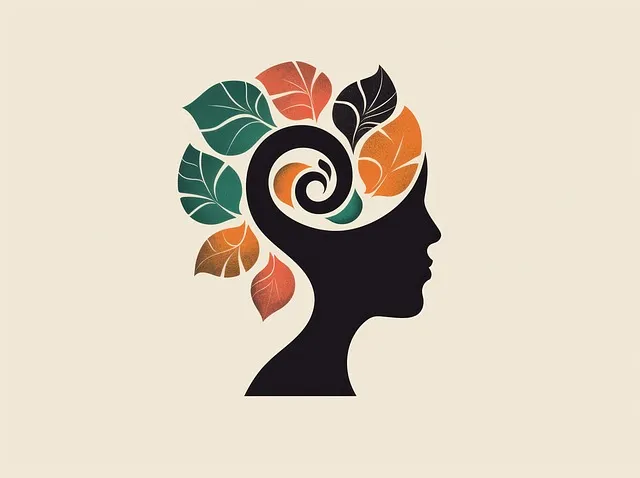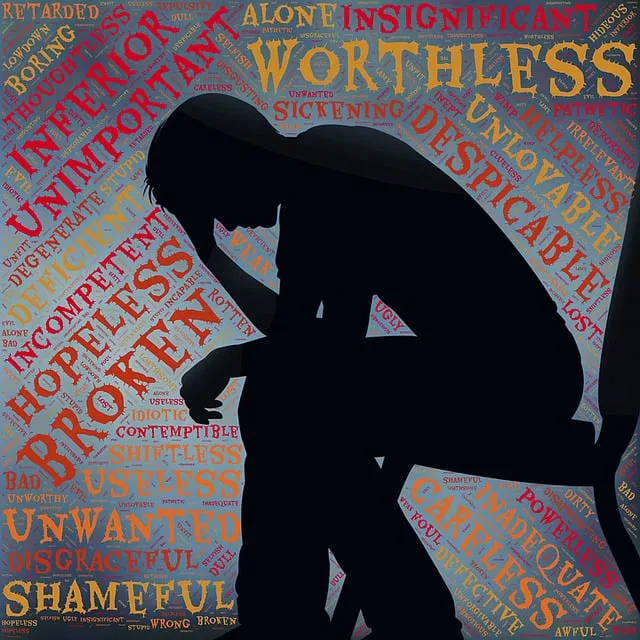Mental wellness apps are gaining popularity as accessible and personalized tools for managing stress, anxiety, and other challenges. In areas like Lone Tree with access to Kaiser's inpatient mental health services, these apps can bridge care gaps, empowering users to take charge of their mental health. By combining technology with traditional therapy, they offer 24/7 support and evidence-based practices like stress reduction methods, depression prevention, and social skills training. A strategic approach to developing a mental wellness app for Lone Tree should include market research, unique feature definition, integration of evidence-based practices, intuitive design, and data privacy protection. The global trend towards digital mental health solutions is driven by increased acceptance and usage of apps for stress management and inner strength development.
Mental wellness apps are gaining prominence as digital tools to support individuals’ psychological well-being. With a growing focus on mental health awareness, understanding the need for accessible resources is crucial. This article explores various aspects of mental wellness app development, including a case study of Kaiser’s inpatient mental health services in Lone Tree. We’ll guide you through key features, the development process, and market trends, providing insights into how these apps can revolutionize personal care.
- Understanding the Need for Mental Wellness Apps
- Exploring Kaiser's Inpatient Mental Health Services in Lone Tree
- Key Features to Include in a Mental Wellness App
- Development Process: From Concept to Launch
- Market Trends and Future of Mental Wellness Apps
Understanding the Need for Mental Wellness Apps

In today’s fast-paced world, mental wellness has become a pressing concern for individuals across various demographics, including those within Kaiser’s inpatient mental health facilities in Lone Tree. The demand for accessible and personalized support is higher than ever before. Mental wellness apps offer a innovative solution, providing users with tools to manage stress, anxiety, and other mental health challenges right from the comfort of their homes. These apps cater to a wide range of needs, from conflict resolution techniques and emotional regulation strategies to confidence-boosting exercises.
By leveraging technology, mental wellness apps bridge the gap between traditional therapy and instant support, ensuring individuals have access to resources that promote holistic well-being. This is particularly crucial in addressing issues like stress management, where modern lifestyles often leave people feeling overwhelmed. Incorporating features such as guided meditations, mood tracking, and virtual therapy sessions, these applications empower users to take control of their mental health proactively.
Exploring Kaiser's Inpatient Mental Health Services in Lone Tree

Kaiser’s Inpatient Mental Health Services in Lone Tree offer a crucial safety net for individuals struggling with severe mental health crises. These facilities are designed to provide intensive, round-the-clock care, focusing on acute conditions such as depression, anxiety disorders, and psychotic breaks. Patients have access to a multidisciplinary team comprising psychiatrists, psychologists, social workers, and nurses who employ evidence-based practices like Stress Reduction Methods to stabilize individuals and promote recovery.
Beyond treating acute episodes, the inpatient program also incorporates Depression Prevention strategies and Social Skills Training to empower patients with coping mechanisms and enhance their overall mental wellness. This holistic approach ensures that individuals not only recover from immediate crises but also gain valuable tools to manage long-term mental health effectively.
Key Features to Include in a Mental Wellness App

A mental wellness app can be a powerful tool for promoting self-care and improving overall well-being, especially in light of increasing mental health awareness. When developing such an application, incorporating key features that cater to various aspects of mental wellness is essential. One notable aspect to consider is personalized therapy sessions, allowing users to access professional guidance from the comfort of their homes, potentially filling gaps in accessible mental health services, even in areas like Lone Tree where Kaiser may not offer inpatient care.
Additionally, Self-Care Routine Development for Better Mental Health features can help users create tailored routines to manage stress and prevent burnout. This could include guided meditations, mindfulness exercises, and mood tracking, enabling individuals to actively engage in Stress Management and Burnout Prevention strategies. By combining these elements, a well-designed mental wellness app has the potential to revolutionize personal care and mental health support.
Development Process: From Concept to Launch

The development process for a mental wellness app begins with a clear vision and understanding of the target audience’s needs, especially when considering an area like Lone Tree where Kaiser provides inpatient mental health services. This initial phase involves market research, competitor analysis, and defining key features that set your app apart. Developers should consider integrating evidence-based practices such as Social Skills Training and Mental Wellness Journaling Exercise Guidance to ensure effectiveness and appeal to users seeking comprehensive support.
As the process evolves, designers focus on creating an intuitive user interface, keeping in mind the importance of accessibility and privacy. Prototyping and testing are crucial steps where the app’s functionality is refined, ensuring a seamless experience for users. Incorporating features like stress management tools can significantly enhance the app’s value, catering to a wide range of users with diverse mental health needs. The launch phase requires careful marketing strategies, emphasizing the app’s unique selling points while adhering to relevant guidelines, especially regarding user data protection and privacy, particularly in regions where healthcare services like Kaiser in Lone Tree are readily available.
Market Trends and Future of Mental Wellness Apps

The market for mental wellness apps is experiencing a significant surge, reflecting a growing global recognition of their importance. According to recent trends, there’s a noticeable shift towards digital solutions for mental health support, with an increasing number of users turning to mobile applications as primary tools for managing stress and fostering inner strength. This trend is evident in the popularity of apps that incorporate Mind Over Matter principles, offering users practical techniques for stress management and resilience building.
As organizations like Kaiser explore innovative models, such as virtual care and outpatient services in Lone Tree, the future of mental wellness apps looks promising. These digital interventions cater to a diverse range of needs, from anxiety management to mood tracking and mindfulness exercises. By leveraging technology, mental health professionals can now reach broader audiences, ensuring accessible and affordable care for those seeking support. This evolution in mental wellness app development promises to enhance overall well-being and foster more inclusive communities, with the potential to revolutionize traditional approaches to care.
Mental wellness apps are gaining prominence as effective tools for managing and improving mental health. As organizations like Kaiser offer specialized inpatient services in Lone Tree, there’s a growing demand for accessible, personalized digital solutions. By integrating evidence-based practices and incorporating key features such as mood tracking, mindfulness exercises, and community support, developers can create impactful apps that cater to diverse user needs. The development process, from concept to launch, requires careful planning, user research, and iterative testing to ensure effectiveness and usability. Staying abreast of market trends and leveraging emerging technologies will shape the future of mental wellness apps, making them even more indispensable in addressing the global mental health crisis.






